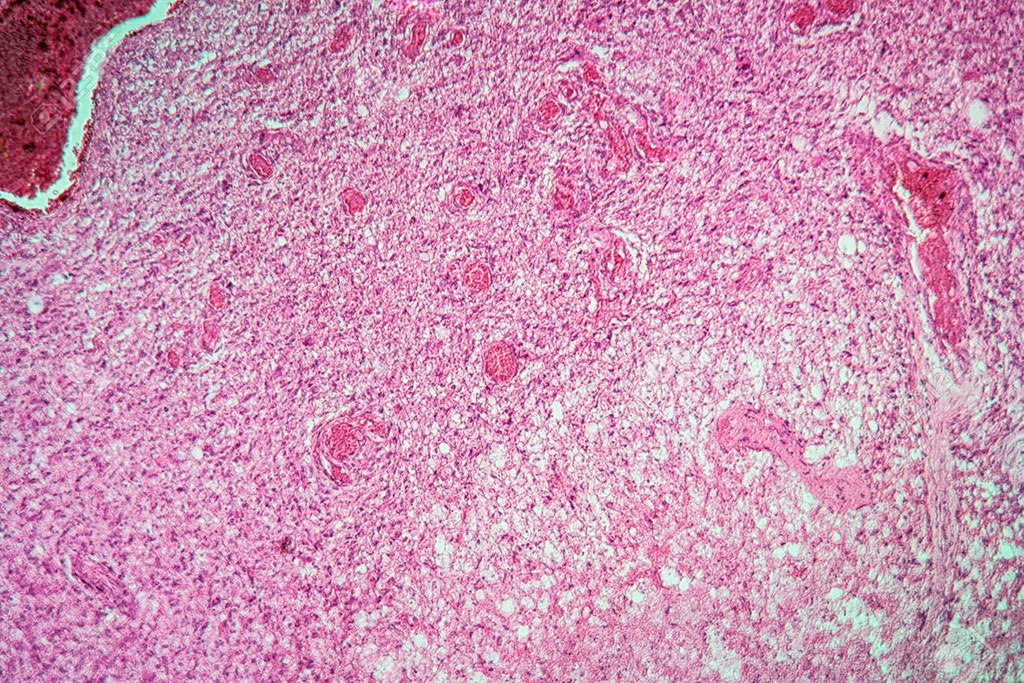Two Simple Serum Biomarkers Differentiate Lymphoma from Glioma
Posted on 22 Apr 2022
A recent study found that two simple serum biomarkers, absolute lymphocyte count and prognostic nutritional index, which are easily derived from routine pre-treatment blood tests, have fair correlation and acceptable diagnostic accuracy for differentiating primary central nervous system lymphoma (PCNSL) from high-grade glioma (HGG) in patients with similar morphology on MRI.
A complex series of interactions take place between cancer and inflammation that are reflected by increased release of inflammatory biomarkers into the bloodstream. However, the utility of systemic inflammatory biomarkers as a means for the noninvasive differential diagnosis of PCNSL from HCC is generally lacking.

To repair this lack, investigators at the Homi Bhabha National Institute (Mumbai, India) and their colleagues carried out a study that involved calculating systemic inflammatory indices from pre-treatment complete blood counts and liver function tests and comparing them against histopathology as the reference standard among 42 patients with PCNSL and 16 with HGG.
Results revealed that the area under the receiver operating characteristics curve for absolute lymphocyte count and prognostic nutritional index in the diagnosis of PCNSL was 0.70 and 0.72 respectively, which suggested that these markers yielded fair and acceptable diagnostic accuracy.
The investigators said, "This exploratory first-of-a kind study assessed the utility of systemic inflammatory biomarkers derived from routine blood investigations in a cohort of patients with suspected PCNSL to differentiate them reliably from HGG with similar morphologic imaging."
The study was published in the April 4, 2022, online edition of the journal CNS Oncology.
Related Links:
Homi Bhabha National Institute













